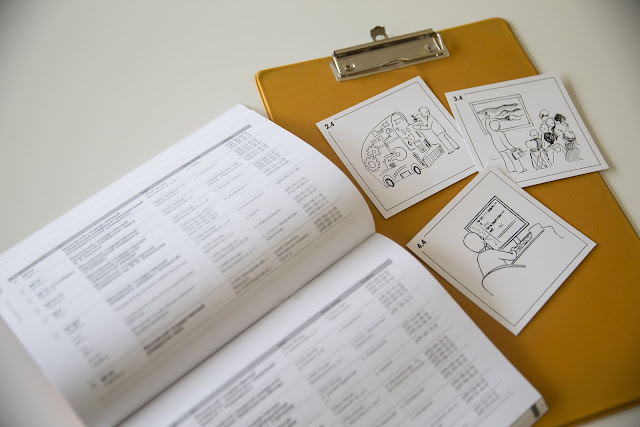How to Handle Hyperactive Children?
Before knowing how to handle hyperactive children, it is very essential to know what is meant by hyperactive disorder?Usually, we call it ADHD i.e. Attention Deficit Hyperactivity Disorder. According to helpguide.org, usually, the children with learning disabilities are mistaken as having ADHD but ADHD is different to it. The primary characters of those children having ADHD are:
- Hyperactive but able to pay attention.
- Impulsive in nature.
- Inattentive in nature.
Symptoms of Inattentive Children
- Easily distracted, has trouble staying focused,
- Doesn't listen, lack concentration,
- Doesn't pay attention to details,
- Frequently loses or misplaces homework, books, toys, etc.
Symptoms of Hyperactivity Children
- Frequently makes small movements especially hands and feet, through nervousness and patience,
- Has difficulty to sit silently,
- Extreme talking,
- Has quick temper.
- Without thinking, reacting to nature,
- Starts guessing, instead of taking time to understand a problem,
- Angry Outbursts
- Often interferes with other matter,
- intrudes in other people's conversation and games.
Different ways of handling
Hyperactive Children
Every child is unique. And we need to respect their uniqueness. Sometimes, we also need to understand our child, their behavior as they need to be ready to overcome all challenges and need to tackle all their battles on own. As being parents or teachers, we can help our child in every term to strengthen their potential.
So, how can we help our children when we understand that they have certain characteristics like being inattentive, impulsive and hyperactive in nature? Some of the following advices and strategies made by verywellfamily.com can be really beneficial:
Giving clear direction and pattern to follow to children so that it reduces chaos and anxiety in children. It makes them alert and aware about what to do, what routines to follow. Also, there is special need to supervision, so the children don’t go out of track.
·
Instead
of shouting at children, calm yourself as parent or teacher and help them and
guide them as per necessary. As the problem lies through brain chemistry, it is
highly required to act in patience.
·
Give
stress ball to squeeze or any fidget to play so that they can concentrate on
specific goal. Usually, the therapist suggest that it reduces anxiety or stress
in children.
·
Make sure
there is someone to assist or help them, can be their close friend, or
caregiver. In home, parents or elder one can help and in school, teacher can
provide help to student by keeping him near to his close friend who can guide
and assist him to complete his assignment. In one child, particular child will
get help and the other who helps will learn a skill to assist others.
·
Providing
positive feedback can do wonders in his or life. It can increase their self-esteem
and motivation. Usually inattentive, hyperactive and impulsive children go
through hatred from his/her circle in daily basis, talking in positive way or
positive response can really make him/her think “Life is also about kind
people”.
·
Creating
to-do list will help him/her what to accomplish today. It helps him/ her to do
their respective work with priority. At the end of day, his motivation level
will be in balance which encourages him to act in positive and productive
manner.
·
Encouraging
child for physical activity. Involving them in sports or arts can really help
them. Also, it balances his/her hormone level. It reduces his/her stress and
helps to maintain his life.
·
Seeking
professional help of teacher, counselor, psychologist as early as possible can
help him/her in long run.
As mentioned earlier, child being hyperactive or inattentive means they have difficulty in staying still or focusing in particular task. They are unable to follow rules and regulations. When as a parent or teacher, we notice their restlessness and talkative nature, we need to provide them special attention and support. So, we must use above mentioned strategies to help our children to make them feel they are in safe world.
About Writer
Apsara Katuwal Dangol, is writer, educator, and psychosocial counselor. She writes articles which covers topics related to general and developmental psychology. She teaches to MA Clinical Psychology students as Developmental Psychology Mentor at Tri-Chandra College, and General Psychology at Shubhashree College of Management.
Images: Pixabay_Dagon



Comments
Post a Comment